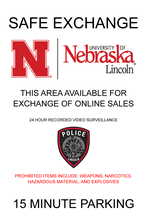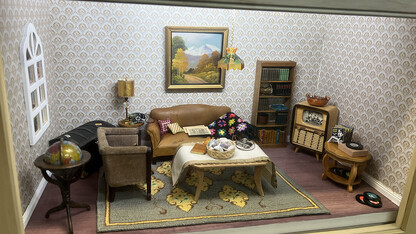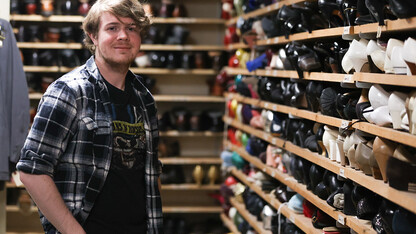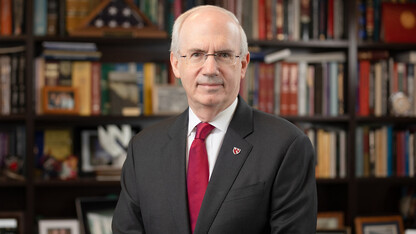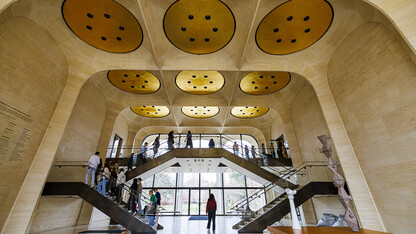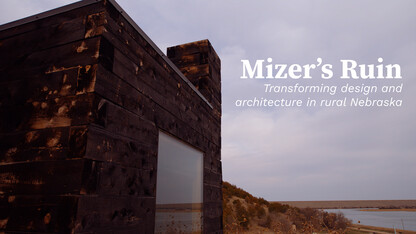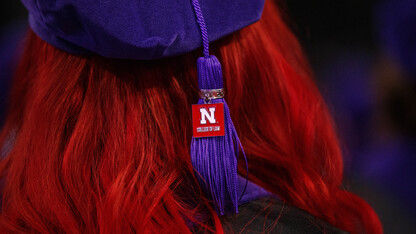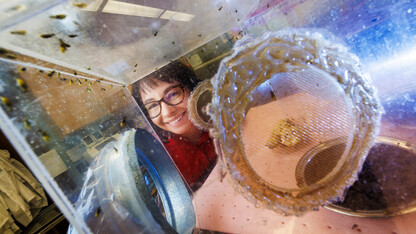· 3 min read
UNLPD offers ‘safe exchange zones’ to complete internet transactions
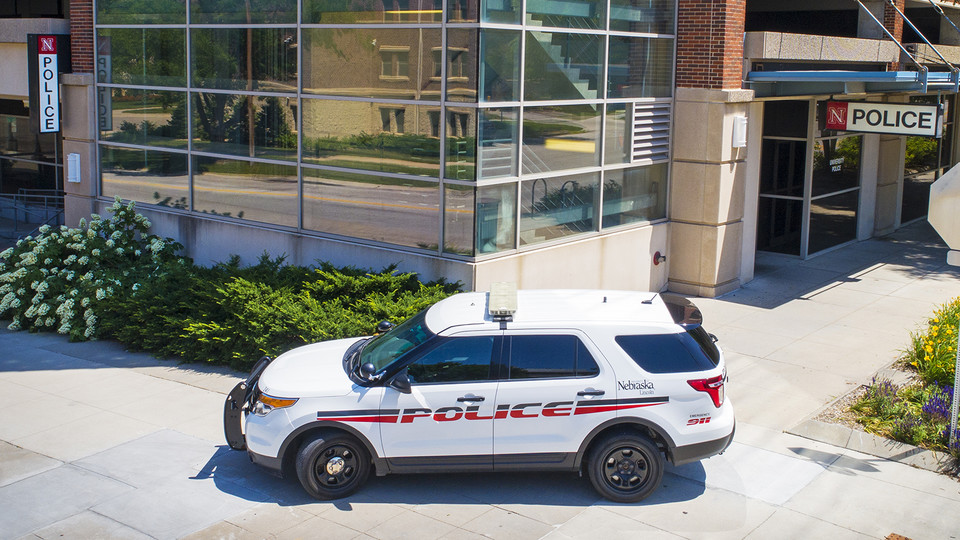
The University of Nebraska–Lincoln Police Department has established two on-campus “safe exchange” zones for University of Nebraska–Lincoln students, faculty and staff who have purchased or sold an item using an online service such as Facebook Marketplace.
Provided as a courtesy to the public, the zones enable community members to complete transactions in well-lit and public locations without inviting strangers into their residence halls, homes or offices and without going to unfamiliar locations.
The two safe exchange zone locations are:
UNLPD headquarters visitor parking area, 300 N. 17th St. (on the north side of the garage).
Hardin Hall parking area, 3310 Holdrege St. (on east side of building).
UNL Police Capt. John Backer said many police departments have begun to offer safe exchange zones to complete online transactions, including the Lincoln Police Department and several other Big Ten campus police departments. Investigator Caleb Gose proposed establishing safe exchange zones for the Husker community.
“At various campus activities, we’ve asked students if this is something that interested them and everyone said yes,” Backer said.
Online transactions are an increasingly popular way for students to get bargain furnishings for their residence hall rooms or their apartments. However, not everyone is comfortable going to the home of someone they don’t know, or having someone they don’t know come to their homes. The security concerns are heightened in group-living settings like residence halls or fraternity and sorority houses.
“If someone is not willing to come to a police station to complete a transaction, that might be the sign of a problem,” Backer said.
Information about the safe exchange zones is posted on the University Police website. The page includes several safety tips for online transactions.
Buyers or sellers are encouraged not to go alone to meet with the other party to their transaction; They should avoid carrying more cash than necessary for the transaction; and they should beware of scams such as accepting checks for more than the agreed amount or requests to pay with prepaid cards instead of cash. If using a cashless payment app, confirm the payment amount and the identity of the recipient, because funds can be difficult to retrieve in case of mistakes or fraud.
Safe exchange zones have some limitations. They can’t be used to exchange items prohibited by UNL policy or the law, such as firearms or other weapons, hazardous materials and explosives, or any kind of drugs or medication. Property cannot be dropped off or left unattended and sellers are required to take their item with them if the transaction falls through. Although activities are recorded via CCTV, the cameras are not monitored continuously and public safety can’t be guaranteed at the locations.
University police officers can run serial numbers of items to determine whether they have been reported stolen, with stolen items to be seized without compensation. However, police officers can’t witness transactions; can’t provide legal advice; can’t help negotiate price and can’t assess value or authenticity of items offered for sale.
